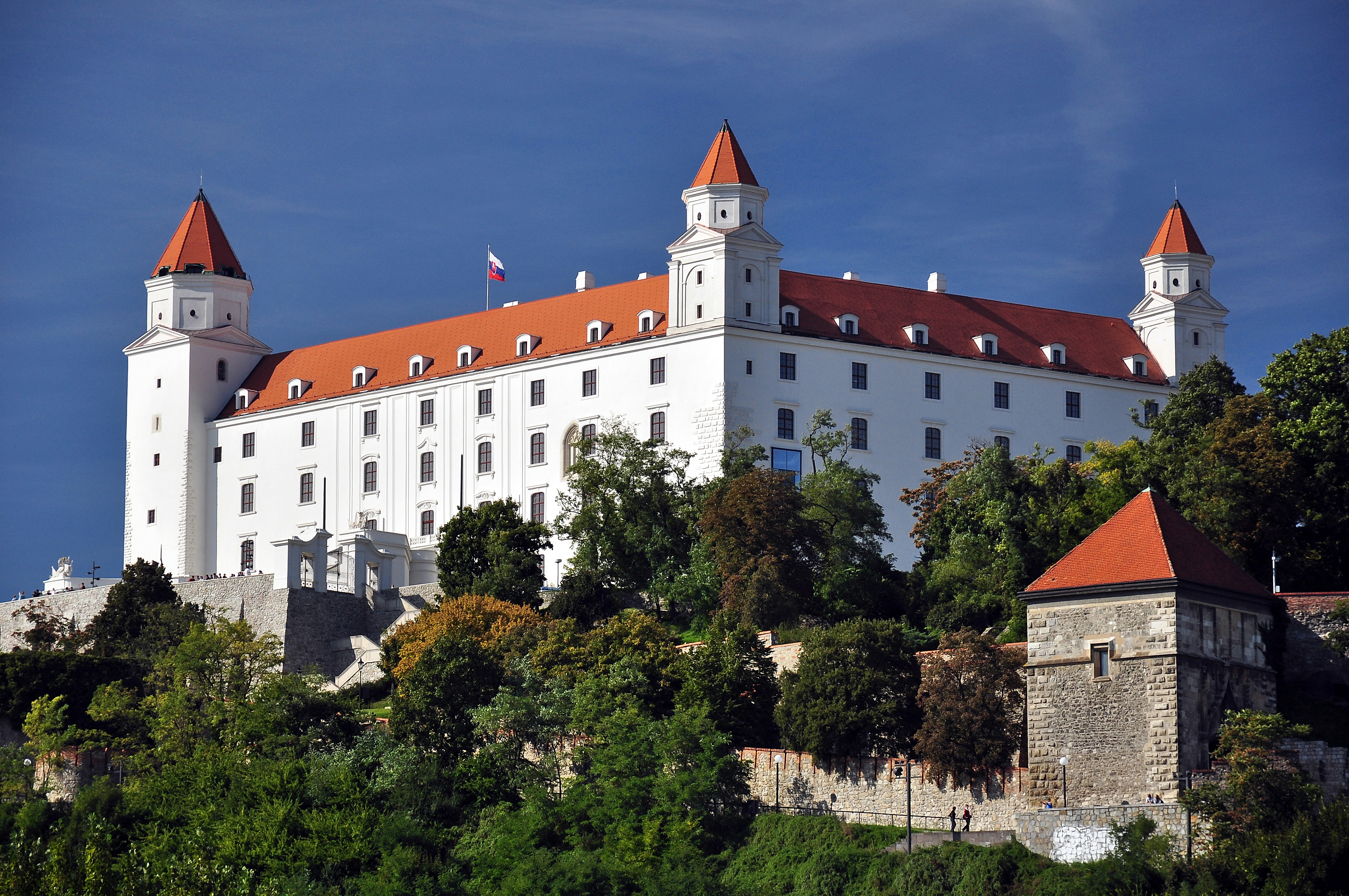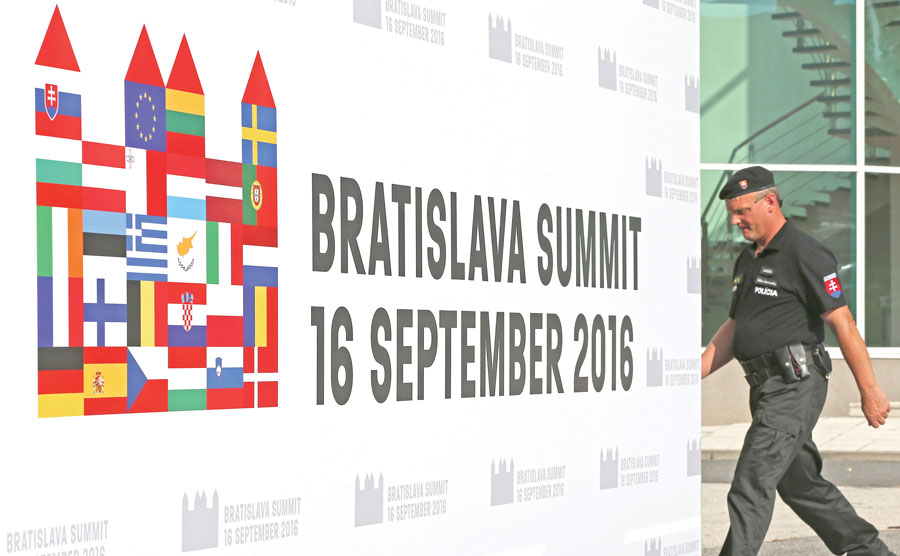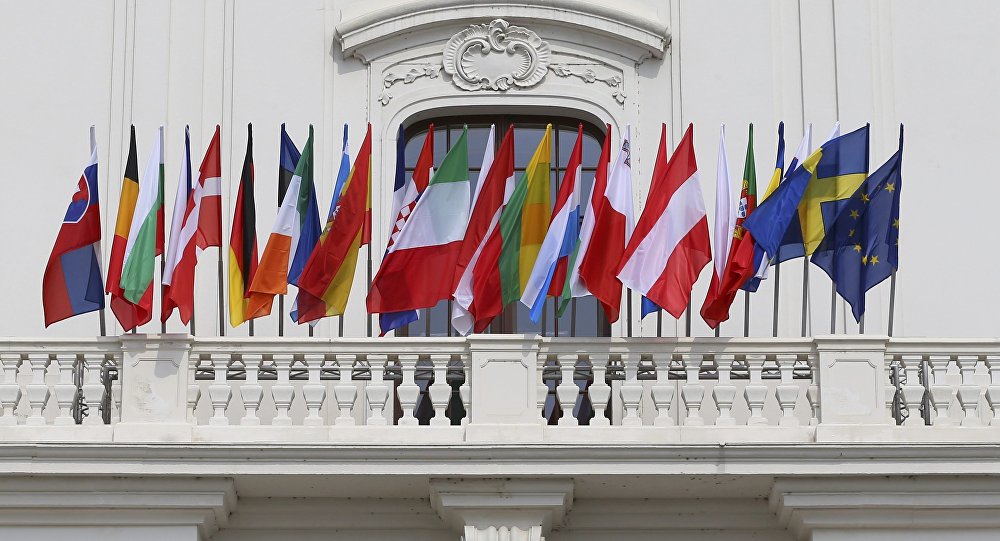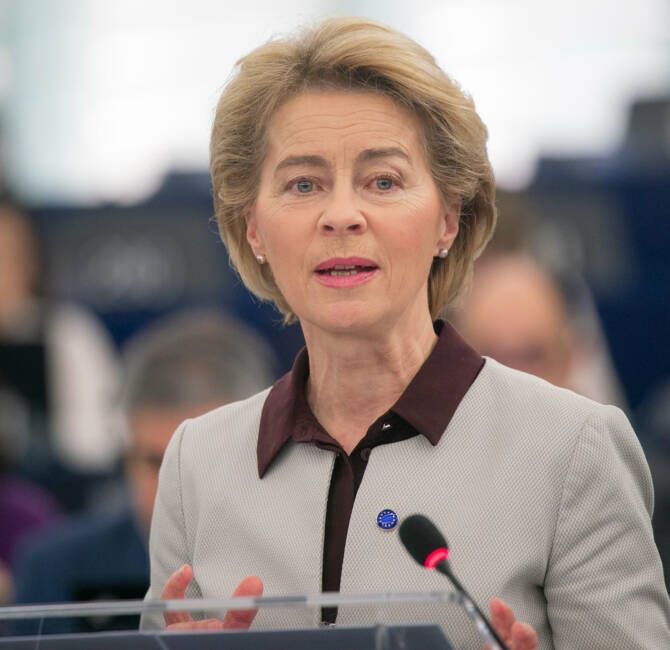Slovakia, Bratislava – The EU member states’ leaders met on Friday, September 16, to discuss the future of the EU without the United Kingdom. But as the existence of EU is at stake, European leaders failed to show unity. Disagreements on migration between western and eastern members, and on budget between southern and northern members are deepening fault lines.
Few were the ones hoping real changes at the unofficial meeting of the 27. But still, one might hope from such an event to be useful. Finally, the Bratislava’s meeting has been useful only to recognize better some fault lines between European governments and policies.
The meeting has been organized by Slovakia, which is currently presiding the Council of the EU. It was the first time EU leaders met without United Kingdom’s leader to discuss the European Union’s future. The leading European trio – Germany, France and Italy – failed to show unity as Italian PM refused to take part at the common press conference with Angela Merkel and François Hollande, since Mateo Renzi said Europe must abandon austerity and that, when it comes to the trade surplus: “Germany does not respect the rules,” according to La Repubblica.
In the other hand, the Visegrád group held a joint press conference and stood its ground at the meeting. The V4 has released a statement to the Bratislava summit. Its key messages were the followings:
– Less power to Brussels, more to national parliaments: it is necessary to strengthen the role of national parliaments underlining respect for the principles of subsidiarity and proportionality. By means of this, the Union will be better equipped to deliver legislation and actions that have added value for the European citizens.
– Do not ignore the small countries: it is necessary to work out a solution that will enable all countries to feel comfortable in the EU. For this reason, the Visegrád countries insist that the European integration is a common project and all negotiations should therefore be inclusive and open to all Member States.
– Yes to an EU defense co-operation, but for now, NATO first: we should strengthen practical cooperation in defense to give it more substance without duplicating NATO and implement without delay the Global Strategy with particular focus on making the key elements of Common Security and Defense Policy truly functional. The December European Council should decide on implementation plan in this respect.
– Free movement is why Visegrád countries joined: effective EU needs to improve the communication of the benefits of the single market and genuine potential of its four freedoms, including free movement of people. The single market is a project of integration, which benefits all EU countries. This is however taken today for granted. It is necessary to inform more effectively the public opinion about the positive outcomes of the Internal Market meanwhile improving the enforcement of its rules to eradicate intra-EU protectionism.
The idea of the European Army has been also discussed. French Republic President François Hollande, thinking about the possibility of a US withdraw in case of Donald Trump’s election, encouraged to step forward regarding this project. Europe might stand in its two feet if need be, he said. “Let everyone know that if the United States chooses to draw back, Europe must be able to defend itself,” Hollande said.
After all, at the end of the day, EU leaders announced to have a “road map” for the next six months in order to rebuild public trust in the European Union after the Brexit. “We have a proposal of a road map for concrete steps for strengthening citizens confidence in the functioning of the EU,” said Czech Prime Minister Bohuslav Sobotka.
Among the signs of dissent, Viktor Orbán, in spite of EU President Tusk’s warnings, attacked Brussels by stating its immigration policy was “self-destructive and naive”. No compromise has been reached at Bratislava, therefore Orbán, alone, spoke about this event as a failure. He supported Bulgaria as promised for her demand of € 160 millions, then added that European nations’ leaders along the Balkans migration route – including Austria and Germany – will meet in Vienna on September 24 to find a way forward.







